Currently, localities across the country have implemented digitalization and millions of household registration books have been updated into the Electronic Household Registration Database. However, the implementation is facing many difficulties, from software, coordination between agencies, and staff skills. The authorities are urgently addressing these shortcomings to ensure smooth operation of the system.
New problems appear
In order to support provinces and cities in digitizing resident data, since 2019, the Ministry of Justice has deployed civil status data management software. In particular, with the desire to create strong motivation and strive to complete the civil status data digitization plan ahead of schedule, the Ministry of Justice and localities launched a high-point emulation movement "Accelerating the completion of the civil status data digitization plan".

According to the reporter's records, in provinces and cities such as Thai Binh , Da Nang, and Hanoi, the Department of Justice has closely coordinated with the police force to guide the review and comparison of data between the electronic civil status database and the national population database, ensuring clean and live data. Zalo groups have been established, and officers of the Department of Justice are closely following the area, ready to support localities in many forms such as video recording, instructions over the phone or via the UltraViewer application.
Notably, in Da Nang, in order to support localities with slow progress, the Department of Justice has established a working group to work directly from 7:30 a.m. to 10:00 p.m. in some communes with low rates to guide officials in digitization. To date, localities across the country have implemented digitization with data connected and synchronized in two directions with the national population database. Of which, Hanoi has digitized 96% of the data, helping to reduce the workload for civil servants in charge of household registration, while improving the efficiency of administrative procedure settlement. The remaining 4% do not have enough basis for information entry because the documents are too old.
However, when implementing the 2-level local government model, other shortcomings have appeared. Typically, due to changes in administrative boundaries, the abolition of the district level has caused many people to have to change information about their place of birth and permanent residence. For example, many citizens who previously lived in Yen Hoa ward (Hanoi) have now moved to Cau Giay ward, but their digital information has not been adjusted, or officials have entered incorrect data, causing additional paperwork to be required when handling administrative procedures such as marriage registration and birth registration.
In addition, according to Ms. Pham Ho Hong Trang, in Yen Hoa ward, the administrative procedure information system of most localities is not fully connected with the registration software, household registration management and public service software, making the processing time slower. While civil servants have to enter documents twice and transfer paper documents, the interactive electronic forms on the system do not have complete data and do not integrate information exploitation in the National Population Database.
Hands-on troubleshooting
Regarding this issue, Deputy Minister of Justice Nguyen Thanh Tinh informed that through monitoring and receiving feedback and recommendations from localities through the Ministry of Justice's Support Center and other support channels, the Ministry has grasped the difficulties.
Mr. Nguyen Thanh Tinh added that the new version of the civil status registration and management information system, deployed by the Ministry of Justice from July 1, 2025 under the 2-level local government model, requires the synchronous coordination of many parties including: Ministry of Justice (deploying the software system, converting data from the old system to the new system); Government Office (National Public Service Portal); Ministry of Public Security (interconnected public service software, National Population Database); Ministry of Science and Technology and localities (Provincial administrative procedure settlement system), while the implementation time is very urgent. Therefore, it is difficult to avoid problems in the initial stage.
Through inspection, the main difficulty is that technical staff of some localities do not fully understand the synchronization model that has been instructed by the Ministry of Justice. The Ministry of Justice has directed the development of a video tutorial on how to use and perform specific operations for each operation on the Electronic Civil Status Registration and Management System, posted on the Electronic Information Portal and the National Legal Portal for users to proactively study. Regarding errors in connection and transfer of records and data, the Ministry of Justice has arranged a standing team to coordinate with the focal point of the provincial administrative procedure handling information system and the Department of Administrative Police for Social Order (Ministry of Public Security) to resolve the problem.
According to statistics, 26 provinces and cities are using i-Gate software provided by Vietnam Posts and Telecommunications Group (VNPT). Hanoi City and Thai Nguyen Province are using products from Mobifone Telecommunications Corporation. Quang Ninh Province is being supported by FPT Group and 5 localities are using software from other technology units. The Ministry of Justice has assigned the Department of Administrative Justice to work with VNPT to agree on identifying errors, shortcomings, and solutions; at the same time, it is continuing to discuss with the remaining service providers to agree on ensuring completion before August 25, 2025.
In addition, the Ministry of Justice also discovered that some commune-level units and leaders of People's Committees have not been granted digital signatures or have been granted them but have not updated the digital signature software correctly, so there are still problems in handling them; there is also a situation where judicial and civil status officials have made incorrect operations on the registration software, civil status management, and administrative procedure information system, leading to prolonged delays.
The Ministry of Justice is organizing working groups to inspect and provide direct guidance in a number of localities facing difficulties and obstacles to support the solution in a hands-on manner, implemented in 12 localities, including Hanoi.
Source: https://hanoimoi.vn/so-hoa-du-lieu-ho-tich-chu-dong-go-kho-van-hanh-thong-suot-713561.html





![[Photo] Prime Minister Pham Minh Chinh chairs the conference to review the 2024-2025 school year and deploy tasks for the 2025-2026 school year.](https://vstatic.vietnam.vn/vietnam/resource/IMAGE/2025/8/22/2ca5ed79ce6a46a1ac7706a42cefafae)
![[Photo] President Luong Cuong receives delegation of the Youth Committee of the Liberal Democratic Party of Japan](https://vstatic.vietnam.vn/vietnam/resource/IMAGE/2025/8/22/2632d7f5cf4f4a8e90ce5f5e1989194a)




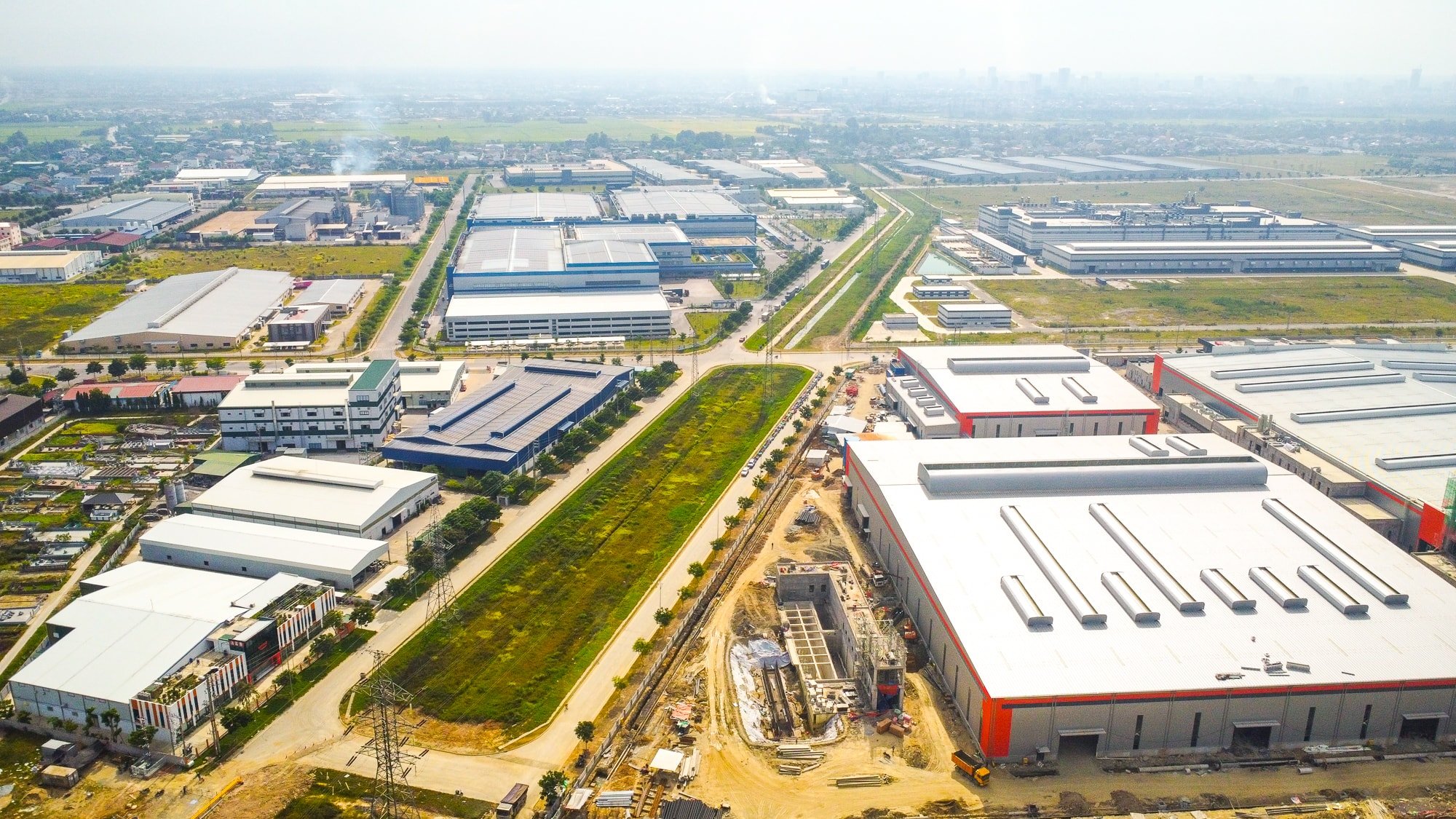

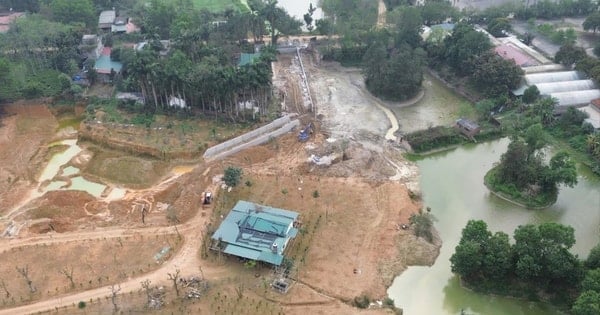
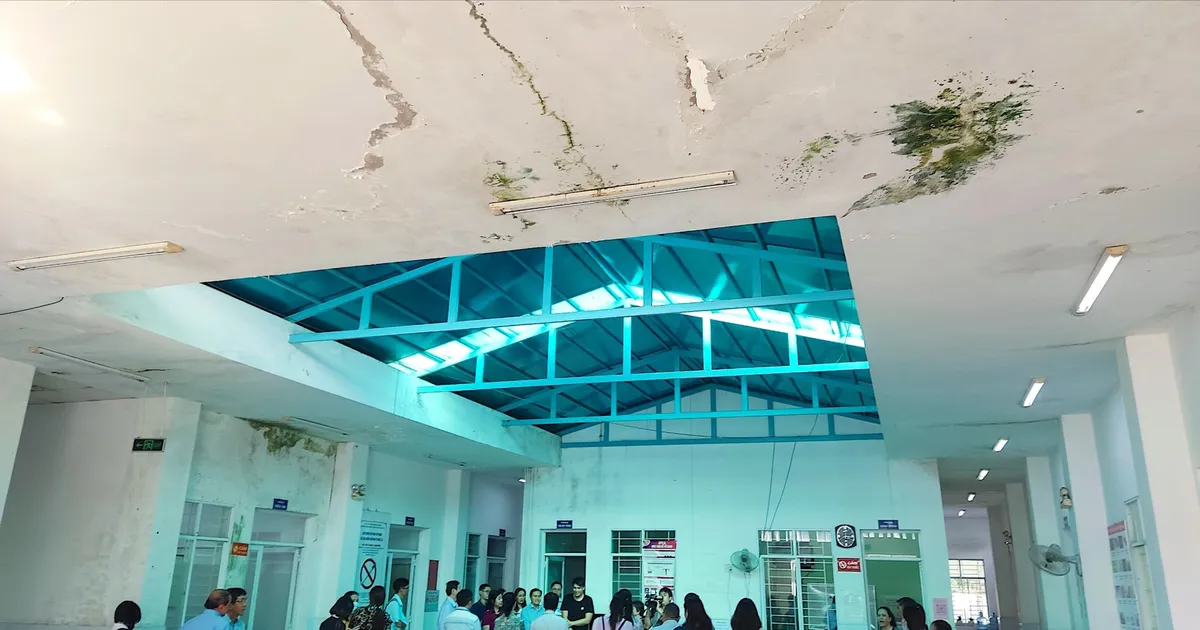

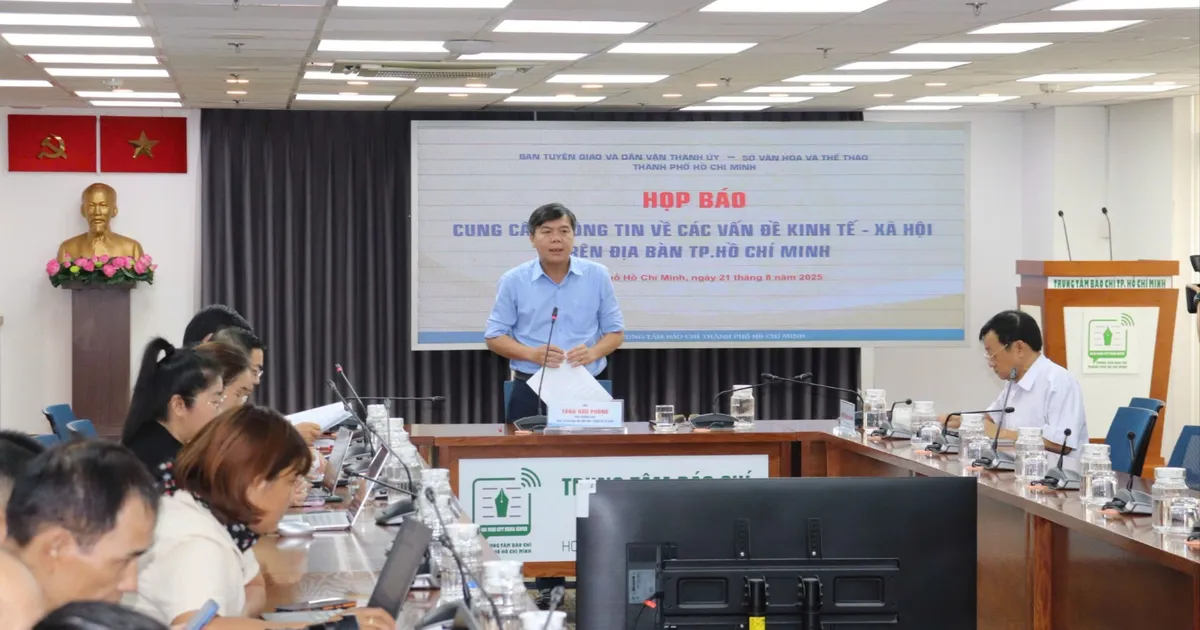

















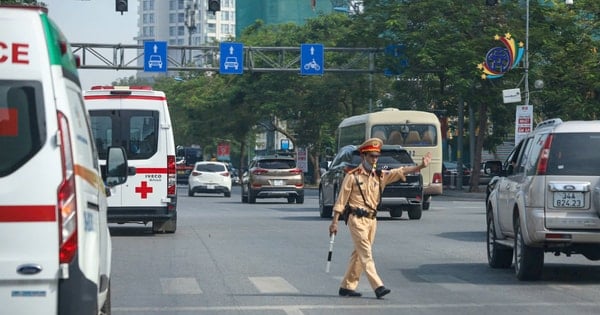



































































Comment (0)